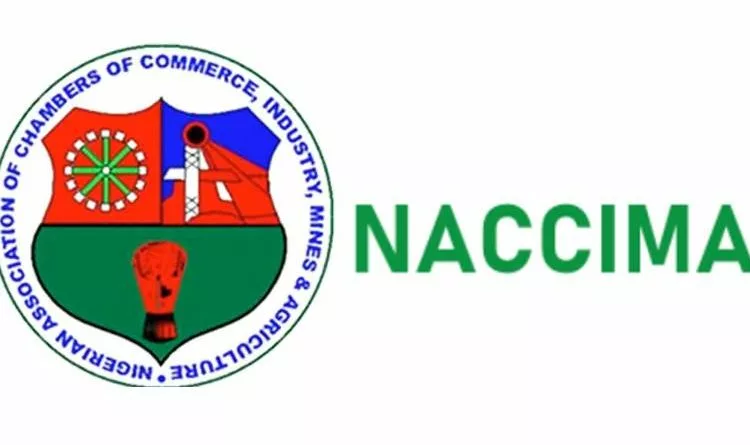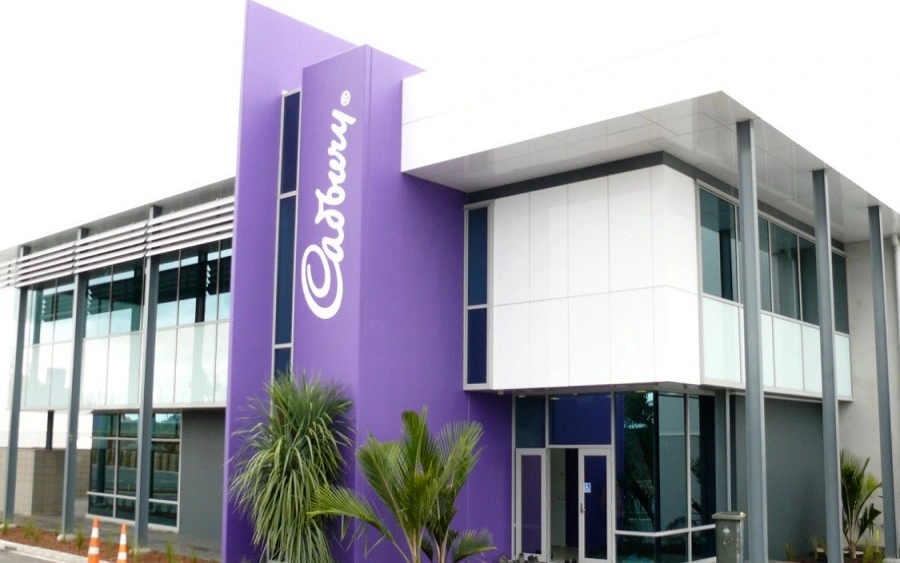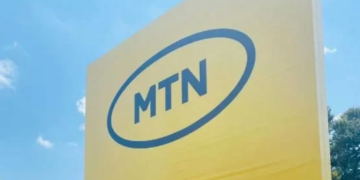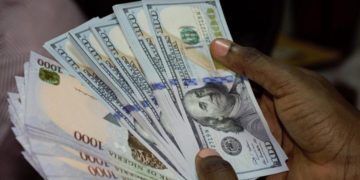The Nigerian Association of Chambers of Commerce, Industry, Mines and Agriculture (NACCIMA), has urged the Federal Government to prioritise the revitalisation of the industrial sector to engender inclusive growth.
National president, NACCIMA, Ide John Udeagbala, made the call at the Chamber’s fourth quarter state of the economy news conference yesterday in Lagos.
Udeagbala said the call was pertinent because statistics showed that 83 million people (about 40 per cent) lived below the poverty line with additional 53 million people (about 25 per cent) being vulnerable.
These indices, he said, called for great concern and urged governments across all levels to create and maintain an enabling environment that was investment friendly.
This, the NACCIMA president said, entailed enunciating and maintaining policies that removed bottlenecks to business investments.
“There’s the need to address the various factors that are capable of increasing cost of doing business in Nigeria.
“These are critical issues which if addressed urgently will help position the economy for foreign direct investment and encourage local investors to establish industries that will enhance job creation and improved Gross Domestic Product (GDP),” he said
On inflation, Udeagbala acknowledging the decision of the Monetary Policy Committee (MPC) of the Central Bank of Nigeria to raise the Monetary Policy Rate from 14 per cent to 15.5 per cent, said the move did not address the root causes of inflation
According to him, rising costs due to factors such as naira depreciation, high energy and transportation costs could not simply be controlled by adjustment to the monetary policy rate.
“Factors such as multiple exchange rates, stringent policy bottlenecks in obtaining foreign exchange for investments and production of goods and services, the security challenges need to be urgently addressed if inflation must be nipped in the bud.
“Fiscal policies and public expenditure controls at various government levels during this electioneering period will add to keep inflationary rate in check.
We’ve got the edge. Get real-time reports, breaking scoops, and exclusive angles delivered straight to your phone. Don’t settle for stale news. Join LEADERSHIP NEWS on WhatsApp for 24/7 updates →
Join Our WhatsApp Channel










